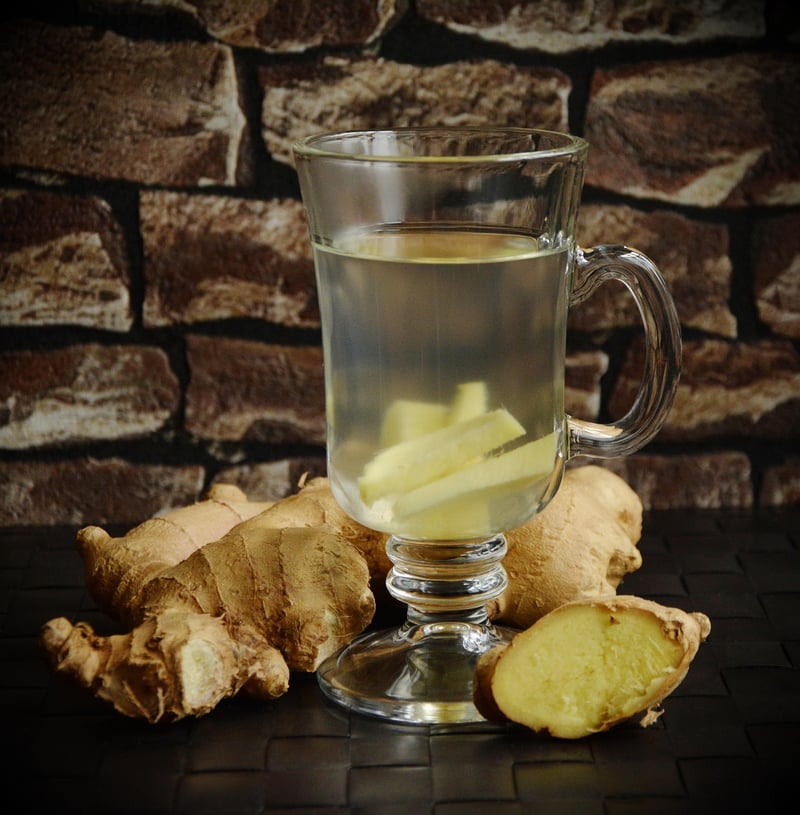Natural Remedies
Dealing with Plant Problems: Natural Remedies
Plants are a wonderful addition to any home or garden, but sometimes they can encounter issues that hinder their growth and health. Instead of resorting to harsh chemicals, why not try some natural remedies to help your plants thrive? Here are some common plant problems and natural solutions to address them:
1. Pest Infestation
Pests like aphids, mealybugs, and spider mites can wreak havoc on your plants. To combat these pests naturally, you can introduce beneficial insects like ladybugs, lacewings, or predatory mites. Additionally, you can use neem oil or insecticidal soap to deter pests without harming the plant.
2. Fungal Infections
Fungal infections often manifest as powdery mildew or black spot on plants. To treat fungal issues, you can use a mixture of baking soda and water as a natural fungicide. Proper air circulation around the plant and avoiding overhead watering can also help prevent fungal growth.
3. Nutrient Deficiencies
If your plant is showing signs of nutrient deficiencies such as yellowing leaves or poor growth, you can use natural remedies like compost tea or organic fertilizer to replenish the nutrients in the soil. Epsom salt is also beneficial for plants that require magnesium.
4. Overwatering or Underwatering
Improper watering is a common issue that can lead to root rot or dehydration in plants. To address overwatering, you can repot the plant in well-draining soil and reduce watering frequency. For underwatering, gradually increase the watering schedule and ensure proper drainage to avoid waterlogged soil.
5. Sunburn
Plants can get sunburned if they are suddenly exposed to intense sunlight. To help plants recover from sunburn, you can provide shade during the hottest parts of the day and gradually acclimate the plant to direct sunlight. Aloe vera gel can also soothe sunburned plant leaves.
6. Soil pH Imbalance
If your plants are struggling due to soil pH issues, you can naturally adjust the pH level by adding organic materials like compost, coffee grounds, or sulfur. Conduct a soil test to determine the current pH and make amendments accordingly.
By using these natural remedies, you can promote a healthy environment for your plants and avoid the use of harmful chemicals. Remember to observe your plants regularly to catch any issues early and provide timely care.

Whether you are a seasoned gardener or just starting with your plant collection, incorporating natural remedies into your plant care routine can benefit both your plants and the environment.
Embrace the power of nature and watch your plants flourish!
